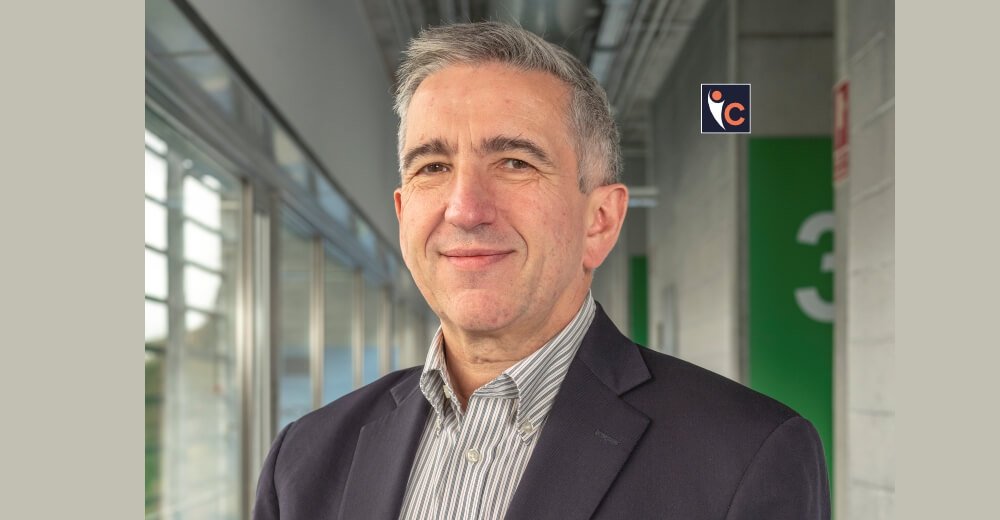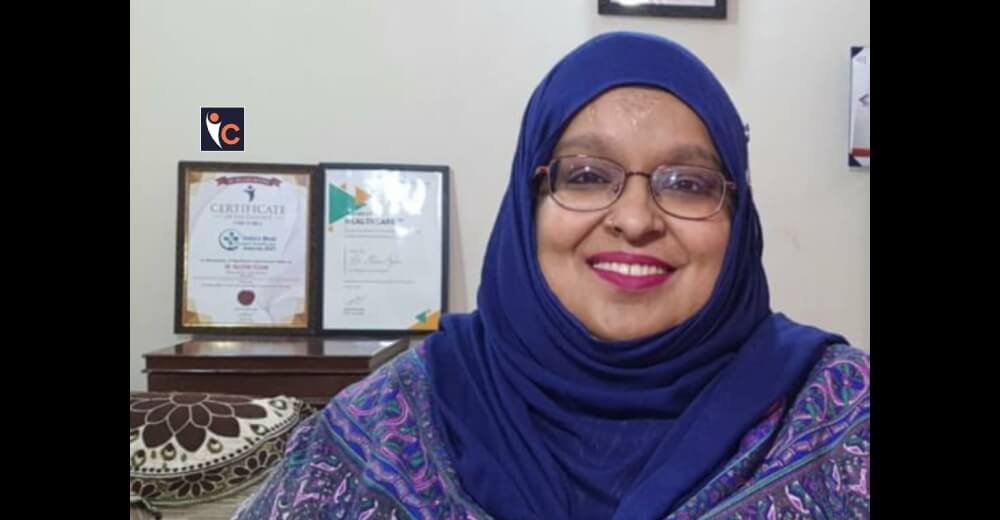Innovative drug delivery technologies are crucial for addressing the complexities of modern medicine, particularly in oncology. Libera Bio S.L. is making significant impacts in this area, positioning itself as a leader in the biopharmaceutical sector. The company is dedicated to creating advanced solutions that enable the effective delivery of large biologics, such as antibodies, directly into cells, which is essential for tackling some of the toughest challenges in cancer treatment.
Fundamental to Libera Bio’s approach is its pioneering technology, Multifunctional Polymeric Nanocapsules (MPNs). This innovative platform is designed to target “undruggable” cancer targets, providing new hope for patients facing aggressive forms of cancer. By utilizing this innovative technology and a strong patent portfolio, Libera Bio aims to change the way cancer therapies are developed and delivered, ultimately improving patient outcomes.
Led by CEO Olivier Jarry, Libera Bio is also focused on building meaningful partnerships with biotech firms and academic institutions worldwide. This collaborative mindset not only drives innovation but also ensures that the company stays at the forefront of the drug delivery and manufacturing sector. Committed to addressing unmet medical needs, Libera Bio is dedicated to expanding access to life-saving treatments and making a real difference in the fight against cancer.
Let’s delve into the interview below!
Can you tell us about your professional background and your current role in the company?
I entered life sciences in 2001 after 17 years in high tech strategy consulting (Accenture) and consumer goods strategy and operations (Danone/Dannon). Both contributed to my goal of bringing technology and patient care into biopharma (Novartis, Bristol-Myers Squibb), medtech (managing the global diagnostics division of Bayer) and healthtech (DarioHealth).
Large companies bring a wonderful and exhaustive learning experience difficult to obtain in smaller companies: best practices, international exposure, regulatory affairs, strict compliance, etc.
On the other hand, executive roles in small companies require that you have some idea about a broad array of topics, if only about understanding if there is an issue and who can help solve it. For example, most small companies I worked in were initially behind in terms of quality assurance/quality control, without realizing it.
This just highlights that assembling the required skill mix in the management team is essential. Not everyone should come from big pharma, or from academia, etc.
What motivated you to pursue a career in the drug delivery and manufacturing industry?
Drug delivery blends technology and biology. It has been neglected for a long time in the times of small molecules. You press a pill and voilà.
Injectables have created interesting challenges (e.g. prefilled syringes, autoinjectors, connected devices).
Nanodelivery is the next frontier such as delivering sensitive compounds to a specific destination. Eight years ago, we were hearing comments: “we do not believe in nanomedicine”. This is a science, not a religion! If you promise, like Libera Bio, to deliver a whole antibody to the cytosol, it is easy to generate data and prove it.
Covid vaccines, using lipid nanoparticles (LNPs) to deliver mRNA, have done a lot to build credibility of nanodelivery. Now, early LNPs may look crude. Next generation nanocarriers are extremely diverse, versatile and interesting.
Manufacturability is always essential and defines usability of a given nanotechnology.
Could you provide a brief overview of your company and its main focus areas in drug delivery and manufacturing?
Libera Bio was initiated by Professor María José Alonso. She worked in the laboratory of Professor Robert Langer at MIT. She took the challenge of delivering large molecules to the cytosol and perfected the technology over two decades before registering patents from her own lab at the University of Santiago de Compostela, in Northwest Spain.
It consists of Multifunctional Polymeric nanocapsules (MPNs), with multiple layers, able to deliver large and small molecules, and protected under a biopolymer shell that may receive targeting ligands.
Libera Bio spun off in 2020 and focused initially on antibodies for intracellular cancer targets. The first two antibodies (now ready for CMC and submitting regulatory applications) target KRAS mutations G12D and G12V. Each of them is involved in 1 in 4 pancreatic cancers, 1 in 10 colorectal, 1 in 20 NSCLC, etc. Available for license by a biopharma company.
The next 4 antibodies, in an early stage, are STAT3, CRAF, HIF-1α and HIF-2α (oncology, inflammation).
We are very open to collaborations, currently running close to a dozen with biotechs, medtechs and universities in Canada, USA, UK, Belgium, Austria, France and Spain. All may result in licenses and some commercial revenues.
What are the primary drug delivery technologies your company specializes in, and how have they evolved during your tenure?
MPNs offer broad possibilities of delivering antibodies, bispecifics, mRNA, protein degraders, etc., while using a variety of ligands aimed at specific cells.
Prof. Alonso as the inventor, and my team, creative and systematic in their approach, deserve all the credit for refining the base technology and for creating all the use cases that hopefully will help solve unmet needs, especially for “undruggable targets”.
How does your company stay competitive in the European market, and what do you see as your main differentiators?
Although we feel deeply Europeans, biology has no boundaries. We welcome collaboration outside Europe.
For example, MPNs may deliver generic chemotherapy (like docetaxel) with better biodistribution to cancer cells, aiming at improved safety efficacy. MPNs may add only a small cost while improving cancer treatment in low- and middle- income- countries.
Our differentiation must be from good science and must resist the creativity of other scientists around the globe.
Can you highlight any recent innovations or new products that your company has developed under your leadership?
Everything that Libera Bio creates is a new class because antibodies have not been used systematically against intracellular targets (they cannot cross the cell membranes in vivo spontaneously).
We hope that our KRAS compounds may offer new options for patients with very hard to treat pancreatic cancer.
What do you consider to be the biggest challenges facing the drug delivery and manufacturing sector in Europe, and how is your company addressing them?
Nanodelivery of drugs is in an accelerating curve, somewhat comparable to AI. This means proliferating solutions. Many will naturally disappear; the industry will consolidate, globally.
Libera Bio is based on proven science and protected by solid patents.
Based on your experience, what advice would you give to professionals looking to make an impact in the drug delivery and manufacturing industry?
My advice, similar to other segments of biotechnology, will be: start with a sound technology, protect it, build a team leading to your goals, keep chasing money. Enjoy the ride.
Read More: Click Here





